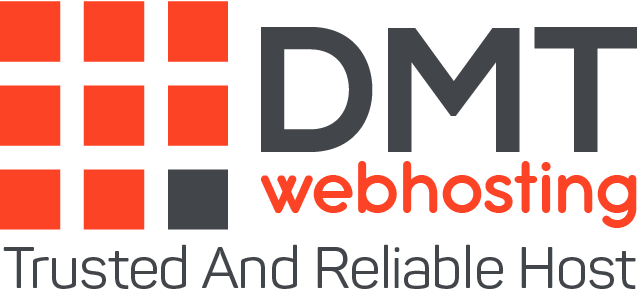Are you looking for a more reliable and qualitative web hosting solution than shared hosting? There are several types of web hosting solutions available for better space, more control and personalization, and better performance than shared hosting:
- Dedicated hosting
- Cloud hosting
- Virtual private servers
Many people start with a shared hosting plan for their website. However, few shared hosting companies have limited resources than their high-end competitors. Shared hosting is not intended to give the site owner that much control. For example, you will be able to change some things, the base, but you will not have full root access.
Most of the time you will also have a limited choice when it comes to the server operating system. Those looking for better performance, more resources, and more control over their hosting environment should resort to the cloud, VPS, or dedicated hosting.
Alternatives # 1 – Dedicated hosting
Presentation
If you need the fastest hosting, the most storage space (including SSD options) or RAM, the most secure hosting, and/or full control of your web hosting environment, you can choose a dedicated server (or dedicated hosting). With dedicated hosting, you get a full physical server that is used to host a single website. All resources placed on the server by the host can only be used by your website, which helps provide your visitors with an extremely fast website.
You will get full control over installed software (such as the operating system) and you will have few limitations on what you can run on your server. For example, shared hosting plans are not equipped to cater to specific applications written in particular languages. However, you can configure a dedicated server to support whatever language you need. Dedicated web hosting is incredibly secure.
For starters, you won’t be sharing anything with other clients that might cause issues with the server itself. In addition, your server has its credentials (including IP addresses), so it is less likely to fall victim to attacks. Finally, you will control your server and can therefore ensure that it has all the necessary security tools to prevent data breaches.
Advantages of disadvantages
The advantages of dedicated web hosting are top-notch performance and full control.
The downsides are the high prices (dedicated hosting offers are among the most expensive on the market), as well as the need for technical know-how. Some hosting companies offer dedicated hosting services, but it would still be wise to have the technical knowledge to make informed decisions about installing, configuring, and maintaining your server.
Alternatives # 2 – Cloud hosting
Presentation
Cloud hosting is similar to traditional web hosting. Cloud hosting uses the resources of a group of servers (called a cloud) to host the website. Cloud servers cost more than many other types of hosting, but this is because you are getting hosting from multiple servers.
Advantages or disadvantages
Easy Scalability: Because you are drawing resources from multiple servers, you can quickly scale your hosting environment as needed. This means you only pay for what you need, while still having the flexibility to purchase additional resources during peak traffic times.
Reduced downtime: Other servers will take over if a server gets down for no reason.
Better Pricing: With cloud hosting, you get many of the benefits of a dedicated server (performance, security, redundancy, for example), but without the exorbitant prices.
Cloud hosting is a bit costly than shared and VPS hosting options. You are limited in resources to customize the hosting environment. To be sure, you will have a wide range of various hosting options as compared to a shared environment. However, in a cloud environment, the host will likely impose more settings on you than if you had a VPS or a Dedicated environment, where the decisions you make are less likely to impact the websites around you.
Cloud hosting doesn’t perform as well as a dedicated server, especially high-end dedicated options.
Alternatives # 3 – VPS web hosting
Presentation
VPS (Virtual Private Hosting) is similar to shared hosting in that the web host places multiple sites on a single server. However, rather than pooling that server’s resources together and allowing websites to pool on demand, hosts use virtualization software to create what you can think of as buckets for each site. These buckets protect your website resources from being used by others.
VPS hosts typically are available in multiple speed acceleration technologies, such as SSDs (SSDs), Nginx, or LightSpeed web servers. Also, having your own server means that you have additional control over the software running in your environment, such as the operating system.
You will also get full root access, allowing you to make important changes to your environment that would not have been allowed with a shared option. If you’re moving out of a shared hosting plan, but don’t like the amount of work involved in setting up and maintaining a VPS hosting environment, consider a managed option. With a managed VPS, the web host assists you with some (or all) system
administration tasks. Some companies help you with the bare minimum, while others handle everything on your behalf.
Advantages or disadvantages
VPS hosting benefits include increased control over the web hosting environment, improved security, and better performance.
The disadvantages of VPS hosting main are often if you have purchased an unmanaged VPS hosting server then it may a difficult task to manage the server as compared to shared hosting. The best option to have a managed VPS which comes with proper technical support but it may be a little bit costly than unmanaged and shared hosting plans.
About the author
DMTwebhosting.com’s Editorial Team prides itself on bringing you the latest web hosting news and the best web hosting articles!
You could also link to the news and articles sections:
